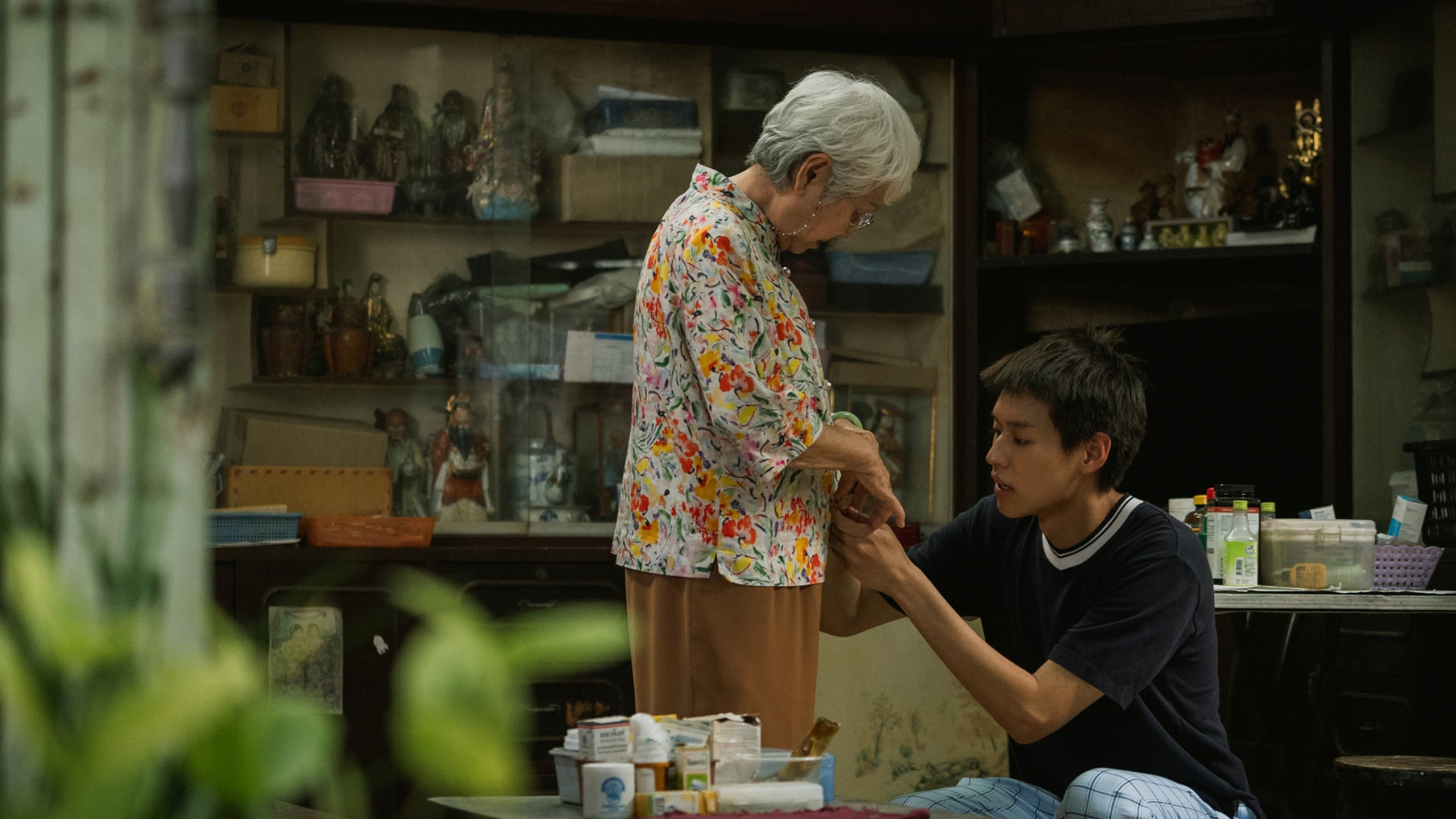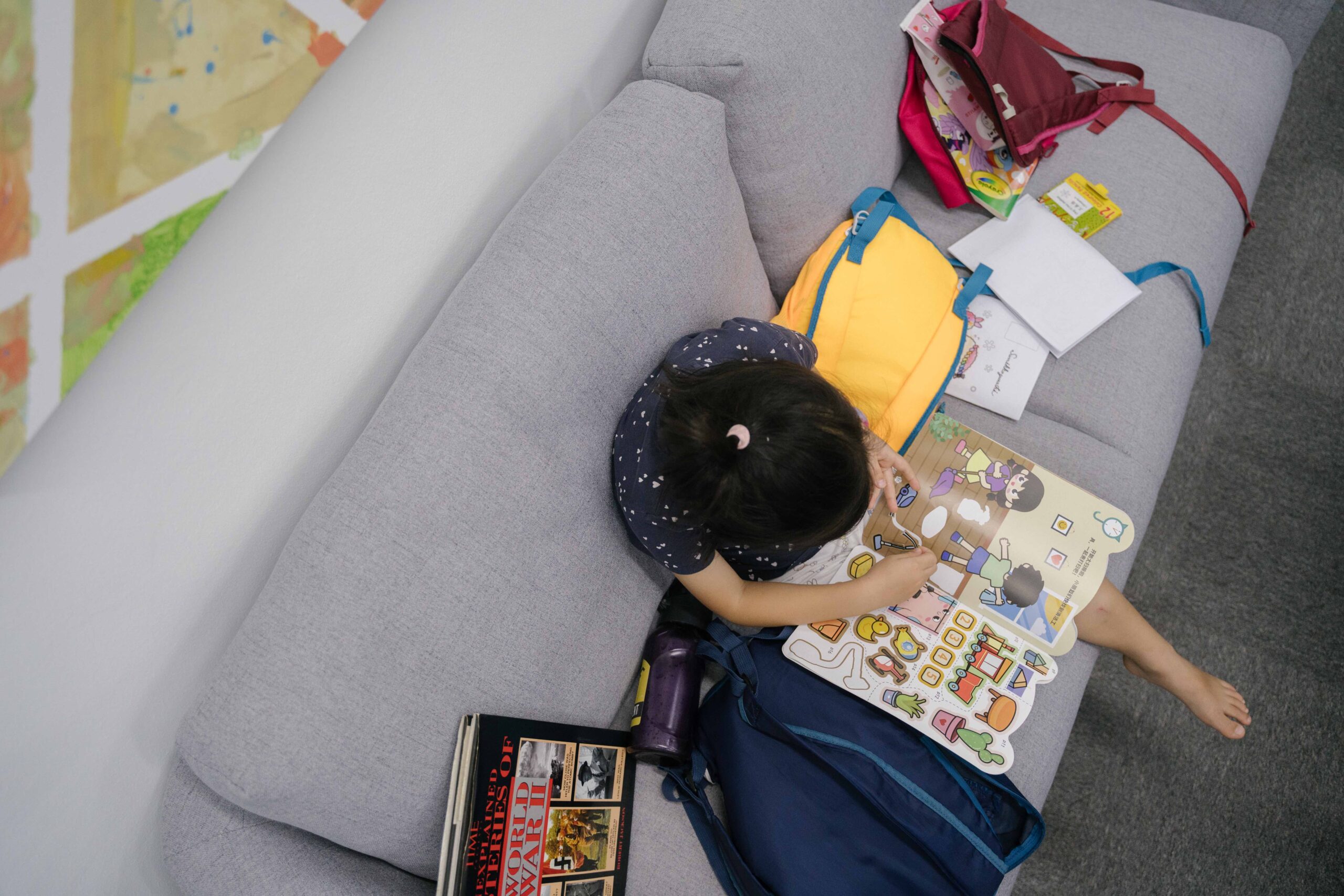On 15 May 2024, Deputy Prime Minister (DPM) Lawrence Wong will take over the helm from Prime Minister (PM) Lee Hsien Loong, who will remain on the Cabinet as Senior Minister.
This will make Lawrence Wong the country’s fourth PM since Independence in 1965, after Lee Kuan Yew, Goh Chok Tong and Lee Hsien Loong.
In the midst of a challenging local and global landscape, what are the challenges that the new PM will face?
Here are some important ones:
1. Cost of Living
According to a survey conducted by the Institute of Policy Studies in late 2023, cost of living was consistently the top concern among different age groups from 21 to 64 years of age.
As DPM and Minister for Finance, Lawrence Wong noted Singaporeans’ concerns about rising cost of living in his 2024 Budget Statement. He attributed it to the 2022 outbreak of the war in Ukraine, which led to “significant increases in global energy and food prices”, and the slowing economic growth in 2023.
These cost-of-living challenges impose “continued pressures for families and individuals”, and thus various financial measures – such as vouchers, cash handouts, rebates, and tax reliefs – have been introduced in these two years to help support families as well as businesses with higher costs.
Back in September 2023, he announced a $1.1 billion Cost-of-Living Support Package, in order to “provide more relief for Singaporean households, especially lower- to middle-income families”. He also enhanced the Assurance Package (AP) which was part of his 2023 Budget, to over $10 billion.
In the 2024 Budget, DPM Wong further enhanced the AP by another $1.9 billion.
Beyond that, he is taking steps to promote overall economic growth, upskill the workforce, tackle income inequality and improve social mobility, as well as better support families.
2. Total Fertility Rate
Singapore has been struggling with a falling total fertility rate (TFR) for decades.
As early as 1987, then-Trade and Industry Minister Lee Hsien Loong warned of “calamitous consequences” of Singapore’s low TFR, including fewer fresh workers to service economic growth and fewer young men for the armed forces.
Despite Government measures such as the Baby Bonus, Singapore’s TFR has been consistently plummeting over the years, from 1.83 (in 1990), to 1.60 (in 2000), to 1.15 (in 2010) and 1.10 (in 2020).
According to preliminary estimates, Singapore may have hit a record low TFR of 0.97 in 2023, which less than half of the rate of 2.1 needed for the population to replace itself.
In April this year, DPM Wong noted that Singapore faces the challenges of both “a declining total fertility rate and an ageing population”.
He announced a three-fold update to the population strategies, as follows:
We will update our population strategies to tackle these challenges. First, we will do more to harness longevity as a strength, so that individuals can reap the benefits of longer and healthier lives. Second, the Government will continue to carefully manage our foreign worker and immigration flows, to ensure that these translate to tangible benefits for Singaporeans, and to help newcomers integrate better into our society. Third, we will strengthen efforts to build a society where families matter and are well supported.
He added that the Government’s Strategy Group will continue to review and update policies, including “ways to extend more help to parents caring for their infants, and to those seeking to better manage their work and family commitments”.
3. Divisive Identity Politics and Tribalism
Outgoing Prime Minister Lee Hsien Loong spoke to some of the issues that DPM Wong will be inheriting – including issues that are “forever sensitive,” especially with the influence of “wokeness” from the west, a movement that leads to people becoming “hypersensitive” and to “very extreme attitudes and social norms, particularly in some academic institutions” and makes life “burdensome.” DPM Wong had touched on some of this issues which he called the “new tribalism” in politics or “identity politics”. These include the risk that global conflicts in far-off regions might stir up strong feelings, negatively affecting racial and religious harmony here in Singapore.
Perhaps the most significant example is the Israel-Hamas conflict that erupted on 7 October 2023, and remains ongoing today.
Speaking in November 2023, DPM Wong cited a “sharp spike” in the number of police reports of “offensive remarks or actions targeted at members of the Jewish or Muslim communities in Singapore” in the month of October alone. This was almost the same number of related reports in the preceding nine months of the year combined.
On the more extreme end, there is a high risk of radicalisation, and he fully expects “extremist and terrorist groups in the region to use [the Israel-Hamas conflict] to rile up sentiments and radicalise more individuals”.
Beyond race and religion, he has also warned of “new forms of identity politics here”, originating from “culture wars that began in the West”. Among these are LGBTQ+ (lesbian, gay, bisexual, transgender, queer, etc.) topics.
As Minister for Education back in 2021, his ministry was caught in the thick of an allegation by a transgender-identified student that it had blocked the student’s hormonal treatment, which it denied. In a statement, then-Minister Wong cautioned that: “Issues of gender identity have become bitterly contested sources of division in the culture wars in some Western societies. We should not import these culture wars into Singapore, or allow issues of gender identity to divide our society.”
He was involved in LGBTQ+ debates yet again in 2022, when the Government announced its plans to repeal Section 377A of the Penal Code (which criminalised acts of “gross indecency” between men) and protect the definition of marriage from legal challenge.
Various Ministers gave assurances that the Government would maintain its stance on marriage between a man and a woman, the family unit and related policies. DPM Wong was among them.
In an August 2022 interview with TODAY, he emphasised that “the Government will continue to uphold our family-centred policies” and was “fully committed” to that. He added that the definition of marriage will not change “under the watch of the current prime minister. And it will not happen under my watch if the PAP Government were to win the next General Election.”
Conclusion
As leader of the Government, there is much that the Prime Minister can do to shape laws and policies. However, the reality of challenges today shows that laws, policies and government action cannot do everything.
From all three sets of challenges highlighted above, we can see that the Government can moderate, mediate and manage these challenges, but it must work with different segments of society to seek the best way forward for the nation.
Will PM-in-waiting Lawrence Wong successfully build a shared future for our Singapore? It remains to be seen if the Forward Singapore exercise launched in 2022 will bear fruit.
To quote an oft-used phrase by the Government (including DPM Wong), it takes a “whole-of-society effort” to address the various challenges that Singapore is facing.
No one person alone – not even the Government – can help Singapore address and face these challenges. It takes everyone in society to work together for the common good.


